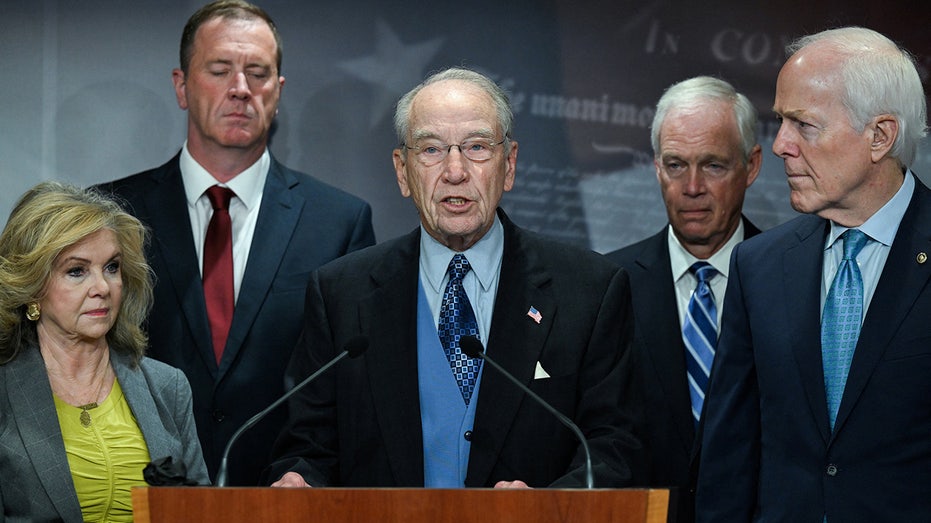A chilling silence descended upon a recent Michigan State Board of Education meeting when Superintendent Sue Carnell was confronted with a deceptively simple question: “How many genders are there?” The moment, captured on video, revealed a stark hesitation, a visible struggle to articulate a scientifically grounded response.
Instead of acknowledging the biological reality, Carnell remained frozen for a beat, a slight smirk playing on her lips. Her eventual answer – “Different people have different beliefs on them” – sidestepped the core of the inquiry, prioritizing social acceptance over established scientific fact.
The questioner immediately countered, delivering a concise rebuttal: “You can believe all you want, but science says there’s two.” This direct challenge highlighted the growing tension between ideological viewpoints and the pursuit of objective truth within the state’s educational system.

This exchange occurred against a backdrop of significant change. The Michigan State Board of Education recently approved a new sex education curriculum for all K-12 students, a decision met with fierce opposition from concerned parents.
The newly implemented curriculum introduces concepts of radical gender ideology, including the assertion that individuals can be born into bodies that do not align with their perceived gender identity. This represents a fundamental shift in how these sensitive topics are addressed in Michigan schools.
The standards for this curriculum are detailed, outlining specific knowledge expectations for each grade level. By the end of eighth grade, for instance, students are expected to “define gender identity, gender expression, and sexual orientation, and explain that they are distinct components of every individual’s identity.”
State education officials maintain that parents retain the right to opt their children out of sex education classes without penalty. They also emphasize that the revised standards incorporate existing state laws regarding local control of schools and parental choice in education.
However, the approval of this curriculum, and the superintendent’s hesitant response to a basic scientific question, raise profound questions about the direction of education in Michigan and the balance between evolving social ideologies and established scientific understanding.





